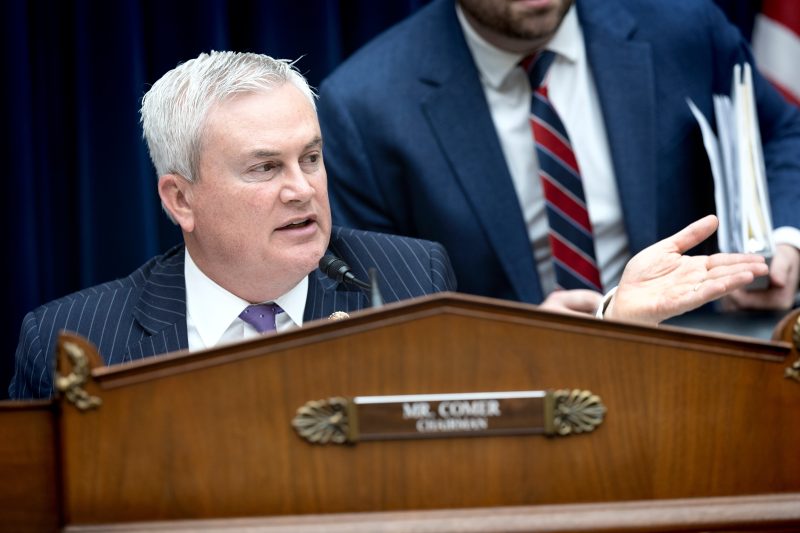The recent revelations surrounding alleged documents pertaining to Ukraine and President Joe Biden have sparked significant debate and speculation within the political realm. The claims made by prominent figures such as Matthew Comer and Tony Bobulinski have added fuel to the already raging fire of controversy surrounding Biden’s involvement in Ukraine. However, a closer analysis of the situation reveals numerous inconsistencies that raise questions about the credibility of these assertions.
One of the key figures in this controversy, Matthew Comer, has been vocal in his claims that he possesses crucial documents that implicate Biden in illicit activities in Ukraine. Comer’s assertions have been heavily scrutinized, with many questioning the authenticity and veracity of the documents he purports to possess. While Comer has made bold pronouncements about the contents of these documents, their actual substance remains shrouded in mystery, leaving room for doubt about the accuracy of his claims.
Another significant player in this unfolding drama is Tony Bobulinski, a former business associate of Hunter Biden, President Biden’s son. Bobulinski has come forward with allegations that suggest Biden was involved in questionable business dealings in Ukraine. Despite Bobulinski’s assertions, there is a lack of concrete evidence to substantiate his claims, raising concerns about the motivations behind his accusations and the credibility of his statements.
The narrative pushed by Comer and Bobulinski has gained traction in certain circles, with critics seizing upon these claims to cast doubt on Biden’s integrity and raise suspicions about his alleged ties to Ukraine. However, a more nuanced examination of the available information reveals significant gaps and inconsistencies that undermine the credibility of these accusations.
Furthermore, it is important to consider the broader political context in which these claims are being made. With the upcoming presidential election looming large, it is not uncommon for sensational allegations and conspiracy theories to surface, seeking to influence public opinion and sway the outcome of the election. In this charged environment, it is crucial to approach such claims with a healthy dose of skepticism and critical thinking.
In conclusion, while the claims made by individuals like Matthew Comer and Tony Bobulinski may have captured the attention of the public and fuelled speculation about Biden’s involvement in Ukraine, a closer examination reveals significant shortcomings in the evidence presented. As the political landscape continues to be shaped by sensationalism and misinformation, it is more important than ever to exercise caution and discernment when assessing such claims. Only through diligent scrutiny and a commitment to truth can we hope to unravel the complex web of allegations and counterclaims that dominate the current discourse.



























